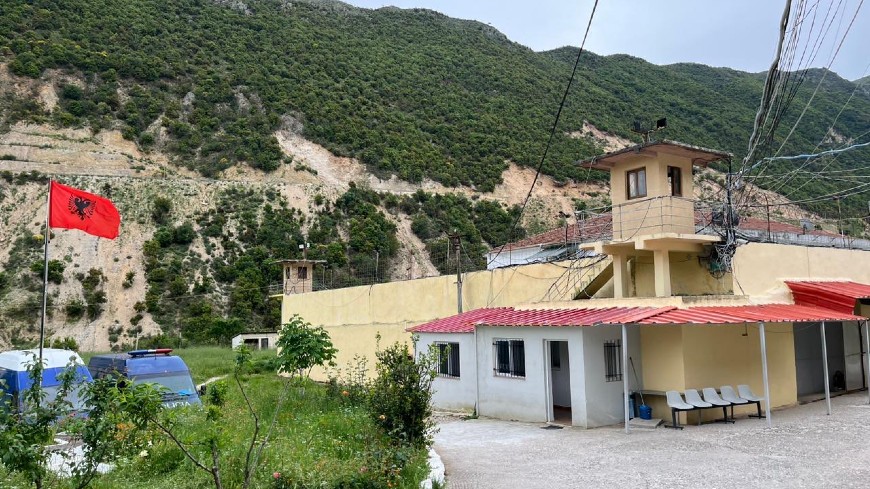The main objective of the visit was to review the treatment and conditions of detention of persons held in police custody and in prisons. A further focus of the visit was the situation of forensic psychiatric patients and prisoners with mental disorders. The CPT delegation also examined, for the first time since 2000, the treatment of residents with intellectual disabilities in social care institutions in Albania.
The CPT report notes that the positive trend observed during its most recent visits to Albania as regards the treatment of persons detained by the police appears to be maintained. However, it also highlights that further vigorous action is required in order to fully eradicate police ill-treatment. As regards prisons, the material conditions of detention remained generally satisfactory in accommodation units at Fier and Peqin Prisons while, by contrast, the premises of Tepelena Prison were run down. In regard to the provision of healthcare to prisoners, the visit made clear that the special care units (“SKV”) at Fier and Peqin Prisons, intended primarily for prisoners with mental disorders, did not benefit from adequate psychiatric presence and were not staffed by other qualified professionals, with the result that almost no therapeutic or occupational activities were organised for patients.
Over the years, the CPT has expressed grave concerns as to the detention conditions and treatment of forensic patients. Despite marked improvements made at Tirana Prison Hospital since the CPT’s previous visit in 2021, the Committee continues to consider that the living conditions offered to patients there remain inadequate. As concerns the temporary detention facility at Lezha Prison, the overcrowding, lack of medical and therapeutic staff and inadequate building would have undone most, if not all, of whatever positive input could have been made since the transfer from Zaharia Special Institution for Mentally Ill Inmates in Kruja in 2021.
The CPT visited the Development Centres in Durrës and Shkodra. While the Durrës Centre was in a reasonable state of repair, the Shkodra Centre was in poor condition. Structural shortcomings existed in both centres, including low numbers of orderlies and cramped living conditions, resulting in a level of staff supervision incompatible with the severity of the physical and intellectual disability of several residents, and with the vigilance required to prevent violence.
In their response, the Albanian authorities set out the measures taken and envisaged in order to implement the recommendations made by the Committee in the report.
The response has been made public under an automatic publication procedure introduced by the Albanian authorities.




